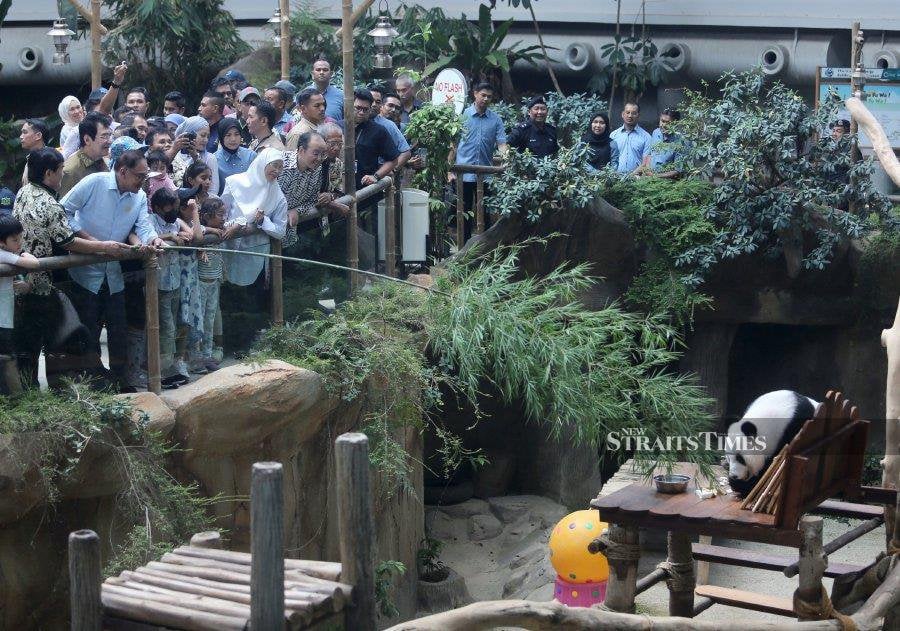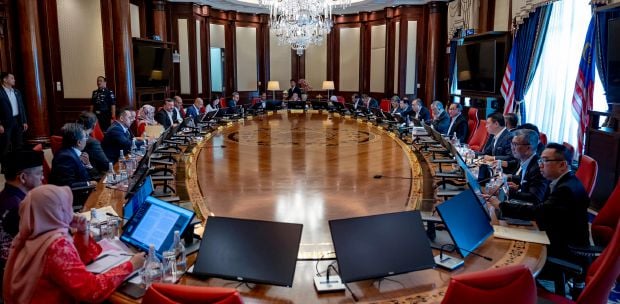THE 19th century French novelist, satirist and philosopher Gustave Flaubert, famed for Madame Bovary, once wrote this about animals: "If only dumb animals could speak! So often more intelligent than men." A similar philosophy may have influenced Prime Minister Datuk Seri Anwar Ibrahim when he approved an extra RM5 million in federal allocation for the upkeep of Zoo Negara.
He also proposed a special Madani Corner to help people reflect on the importance of creating an "equilibrium of life between humankind, animals, wildlife and nature". Anwar is augmenting his Madani doctrine, which strives to uphold humanity and compassion, centred on the philosophy that the meaning of life is girded by love and care, empathy and compassion for one another. This balance, he says, also extends to animals as well as the environment.
For Zoo Negara, the timely aid eases a tough period not too long ago when it struggled to stay afloat, hit hard by the Covid-19 pandemic lockdown that forced it to close and appeal for public donations, mostly to feed and care for the animals.
These days, zoos are battling the belief that there is scant moral justification in maintaining a zoo. The supporting narratives are alarming: regular animal deaths and animal escapes that result in deaths seem to threaten the credibility of zoos.
Zoos are facing two opposing beliefs. Conservationists argue that zoos protect endangered species and educate the public on animal guardianship. Animal rights activists assert that confining animals "violate their rights" and the benefits are not commensurate. Even if conservation efforts can curb extinction, caging animals for public spectacle is still unjustified, the argument goes.
Nevertheless, we believe Zoo Negara is an ethical institution whose keepers care deeply for their animals, which will ensure their longevity and good health, at least better than their wild counterparts. But still, those championing animal ethics insist zoos shouldn't exist in their current form. So the next best thing is to create a huge park or safari, where animals can roam free, like the Serengeti National Park and other world famous parks.
It's a lovely idea, and if entertained, could precipitate the release of all Zoo Negara animals into the national park straddling the Titiwangsa mountain range and the Belum-Temengor forest. But the important question is, should we? Is there a guarantee that the once-confined animals can survive in the wild?
Then there is the question of financial upkeep. Will it be the federal or state governments' responsibility? Should the open range be privatised? The row surrounding animal conservation and animal rights won't be resolved anytime soon. So, in the meantime, as the old jingle goes: "Let's all go to the zoo where there's lots of things to do."





